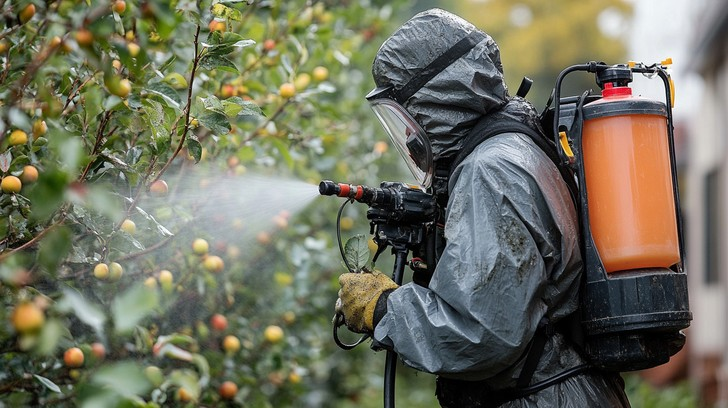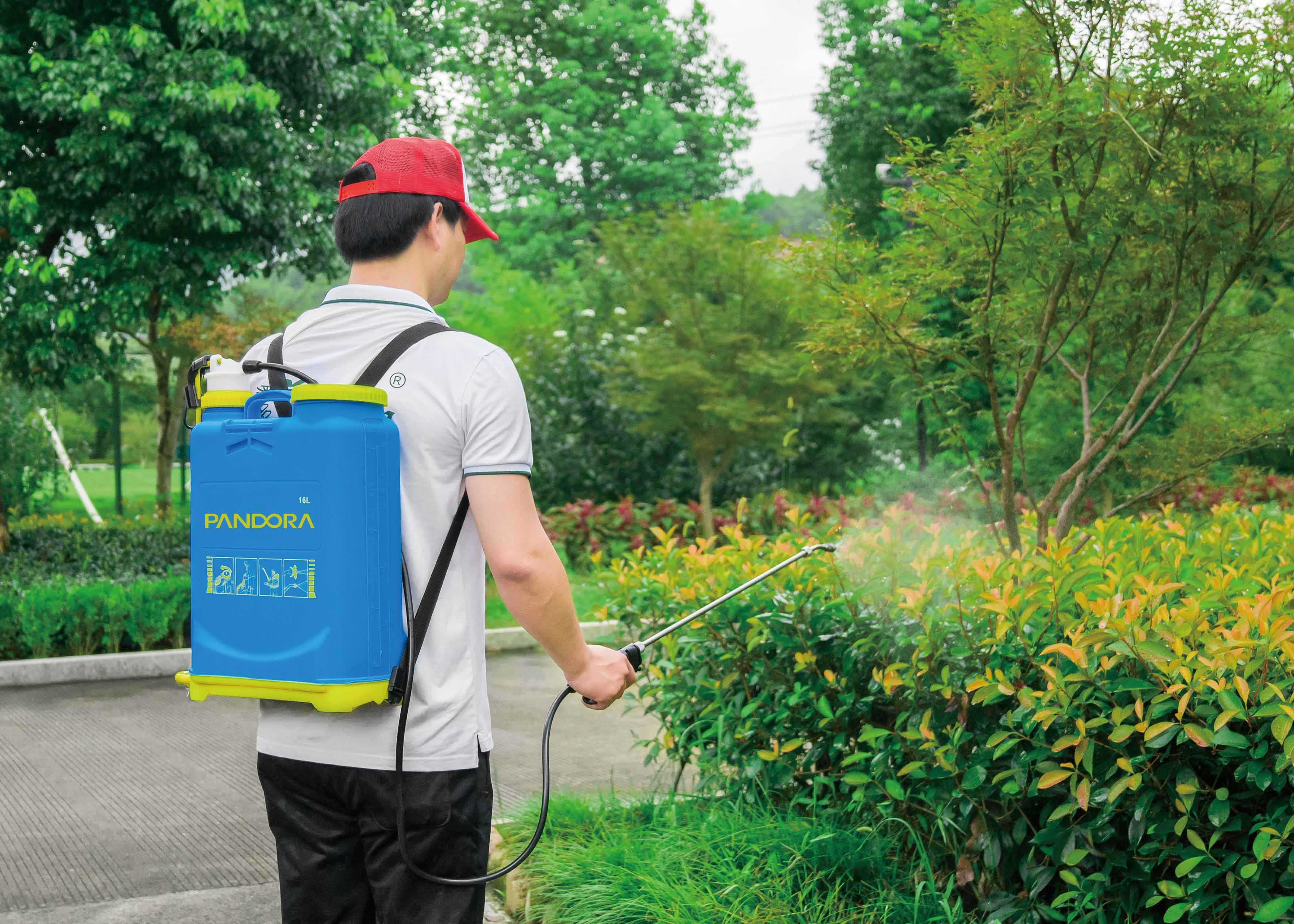Sprayers are essential tools for maintaining hygiene in agriculture, gardening, and animal husbandry. They efficiently distribute disinfectants, playing a crucial role in disease prevention and environmental care. Whether it’s eliminating pathogens in crop fields, sterilizing public spaces, or ensuring livestock health, sprayers provide practical solutions for maintaining cleanliness and safety.
By using advanced spraying techniques, sprayers not only enhance coverage but also reduce chemical usage, improving operational efficiency and contributing to more sustainable practices across various industries.

In farming, sprayers play a crucial role in reducing crop diseases:
Regular application of disinfectants in fields can mitigate soil-borne diseases like Fusarium wilt, which affects many vegetable crops. Disinfecting farm tools and pathways also minimizes cross-contamination risks.
Using bio-friendly sterilizers applied via sprayers helps reduce nematodes and fungi, boosting yields sustainably.
According to the USDA, precision tools like sprayers reduce chemical usage by up to 30%, making farming more cost-effective and environmentally friendly (Source: Agricultural Policy Review/AgAmerica).

Sprayers also contribute to cleaner and healthier urban and home gardening spaces:
Sprayers can apply eco-friendly biocides that eliminate harmful molds and pests without damaging delicate ornamental plants.
Disinfecting high-touch areas in public gardens prevents the spread of pathogens, enhancing visitor safety. Studies show that proper sanitization reduces plant disease incidence by up to 40%(Source: AgriBusiness Global/Agricultural Policy Review).
Modern sprayers are designed to apply natural disinfectants like neem oil, making them safe for pollinators and beneficial insects.

Hygiene is paramount in animal husbandry to prevent disease outbreaks:
Disinfecting barns and coops using sprayers minimizes risks of illnesses like avian influenza and African swine fever. According to the CDC, proper sanitation reduces the spread of pathogens in livestock facilities by over 50%(Source:AgAmerica).
Sprayers are effective in reducing odors and controlling pests in animal housing by applying microbial inhibitors and organic deodorants.

Sprayers are available in various designs suited for specific purposes:
These are ideal for medium-sized areas, offering portability and precise application.
Best for large-scale operations like disinfecting barns or expansive fields.
Suitable for delicate applications, such as disinfecting greenhouses or poultry houses.
Ensures even application of disinfectants across all surfaces, including irregular terrains.
Sprayers are faster than manual disinfection methods, saving labor costs.
Reduce direct exposure to harmful chemicals for workers.
Final Note
Sprayers not only enhance productivity but also play a crucial role in safeguarding public and animal health. By incorporating modern spraying techniques, users can ensure cleaner environments, healthier crops, and safer livestock conditions. These tools support both productivity and sustainability, making them an integral part of modern agricultural and environmental practices.
References
